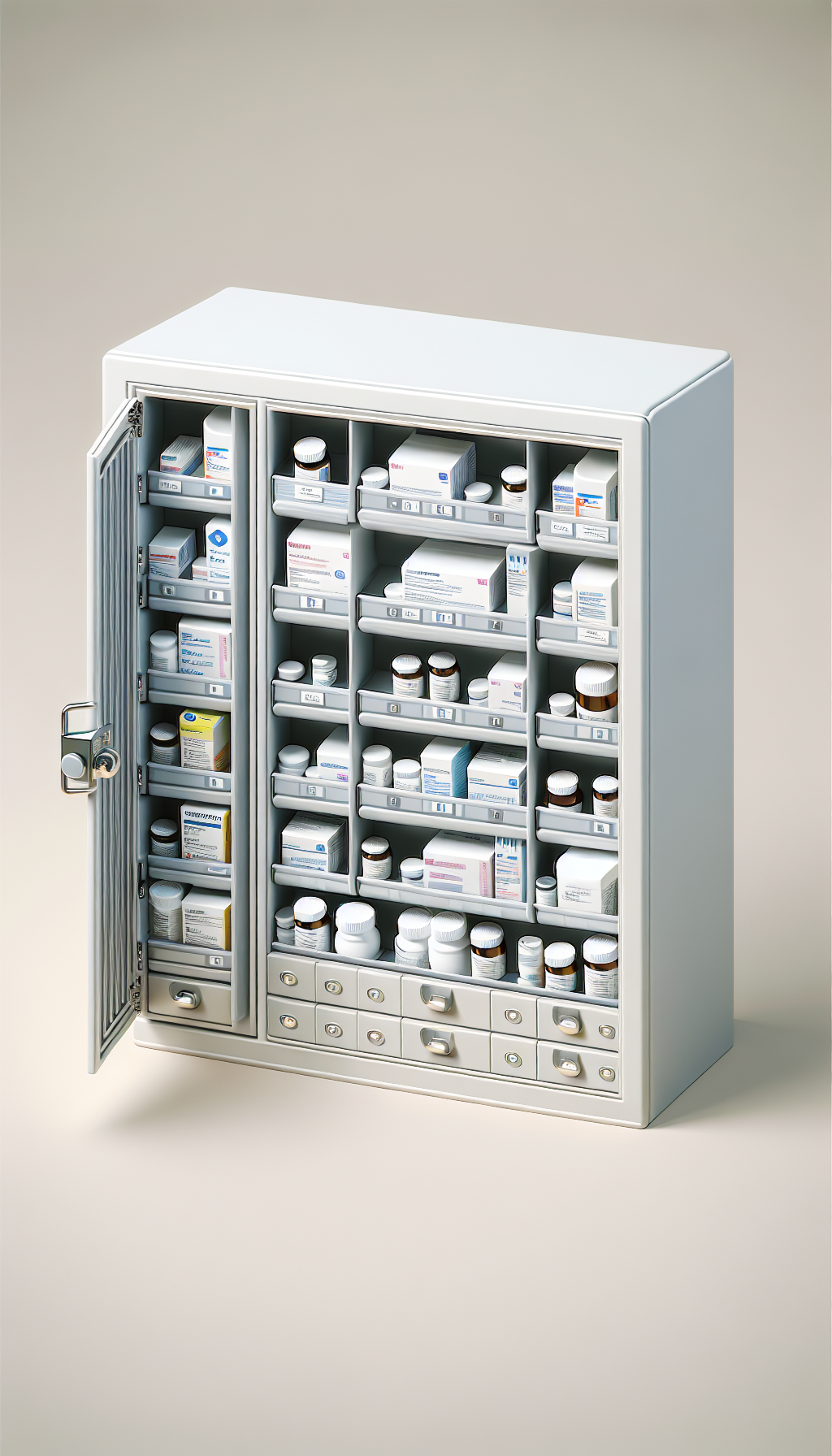Medications and supplements play a critical role in maintaining and enhancing our health. Understanding their appropriate use, potential interactions, and the role they play in various aspects of our well-being is essential. This article aims to delve into these areas, providing a comprehensive guide to help you make informed decisions about your health regimen.
The Intersection of Medication and Health
Medications are powerful tools in treating illnesses, managing chronic conditions, and preventing disease progression. They can range from over-the-counter pain relievers to prescription drugs for complex conditions like cardiovascular disease or diabetes. The effectiveness of medication, however, is not just in its active ingredients but also in how it is used.
The Importance of Dosage in Medication Effectiveness is a fundamental aspect to consider. Taking the right dosage at the right time can mean the difference between a medication working effectively or not at all. Moreover, medication adherence—consistently taking your medication as prescribed—is crucial for achieving optimal health outcomes. Explore The Impact of Medication Adherence on Health Outcomes to understand the full scope of its importance.
Medications and Chronic Conditions
For those managing chronic conditions, such as Cardiovascular Health concerns, medication can be a lifeline. Blood pressure medications, anticoagulants, and statins are just a few examples that help manage these conditions and prevent complications. Understanding how these medications work and their potential side effects is crucial for patients and healthcare providers.
Supplements: Complementing Your Health
Supplements, including vitamins, minerals, and herbs, can complement your diet and support overall health. They can play a role in Bone Health, brain function, and immune system support, among other areas. However, not all supplements are created equal. The debate between Natural vs. Synthetic Supplements: What’s the Difference? is ongoing, and it’s essential to choose products that are high quality and suited to your health needs.
Navigating Medication and Supplement Interactions
When combining medications and supplements, it’s vital to be aware of potential interactions. Some supplements can affect the absorption or efficacy of medications, and vice versa. For a deeper understanding, consider reading about Interactions Between Medications and Supplements, which highlights the complexities of combining different health products.
External Resources for Safe Usage
For those looking for in-depth information on medication and supplement interactions, the following resources can be invaluable:
- The National Institutes of Health’s Office of Dietary Supplements provides a database with detailed information on various dietary supplements and their interactions with medications.
- The American Academy of Family Physicians offers resources on safe medication practices and potential interactions with supplements.
- For those interested in the science of pharmacology, PharmGKB is a comprehensive resource that details gene, drug, and disease interactions.
The Role of Supplements in Disease Prevention and Management
While medications are often necessary for treating diseases, supplements can play a preventive role or assist in managing certain health conditions. For example, omega-3 fatty acids have been shown to support heart health, while calcium and vitamin D are critical for maintaining strong bones.
Fact-Checking Supplement Claims
However, it’s crucial to approach supplements with a critical eye. Not all claims made by manufacturers are backed by science. To ensure you’re getting accurate information, websites like Examine.com offer evidence-based analysis on supplement effectiveness and health claims.
Storing and Disposing of Medications Safely
Proper storage and disposal of medication are essential to prevent misuse and protect the environment. How to Safely Store and Dispose of Medication provides guidelines for keeping your medications safe and disposing of them responsibly when they’re no longer needed.
Innovation and the Future of Medication
The landscape of medication and supplements is continually evolving. Pharmaceutical Innovations in the 21st Century discusses how advancements in drug development and technology are paving the way for more effective treatments with fewer side effects.
Conclusion
Medication and supplements hold the potential to significantly improve our health and quality of life. By understanding their uses, interactions, and the ways they can benefit or harm us, we can make better choices for our health. Remember to consult with healthcare professionals before starting any new medication or supplement and to use reliable resources to inform your decisions. With the right knowledge and approach, we can all unlock the potential of medication for a healthier tomorrow.



